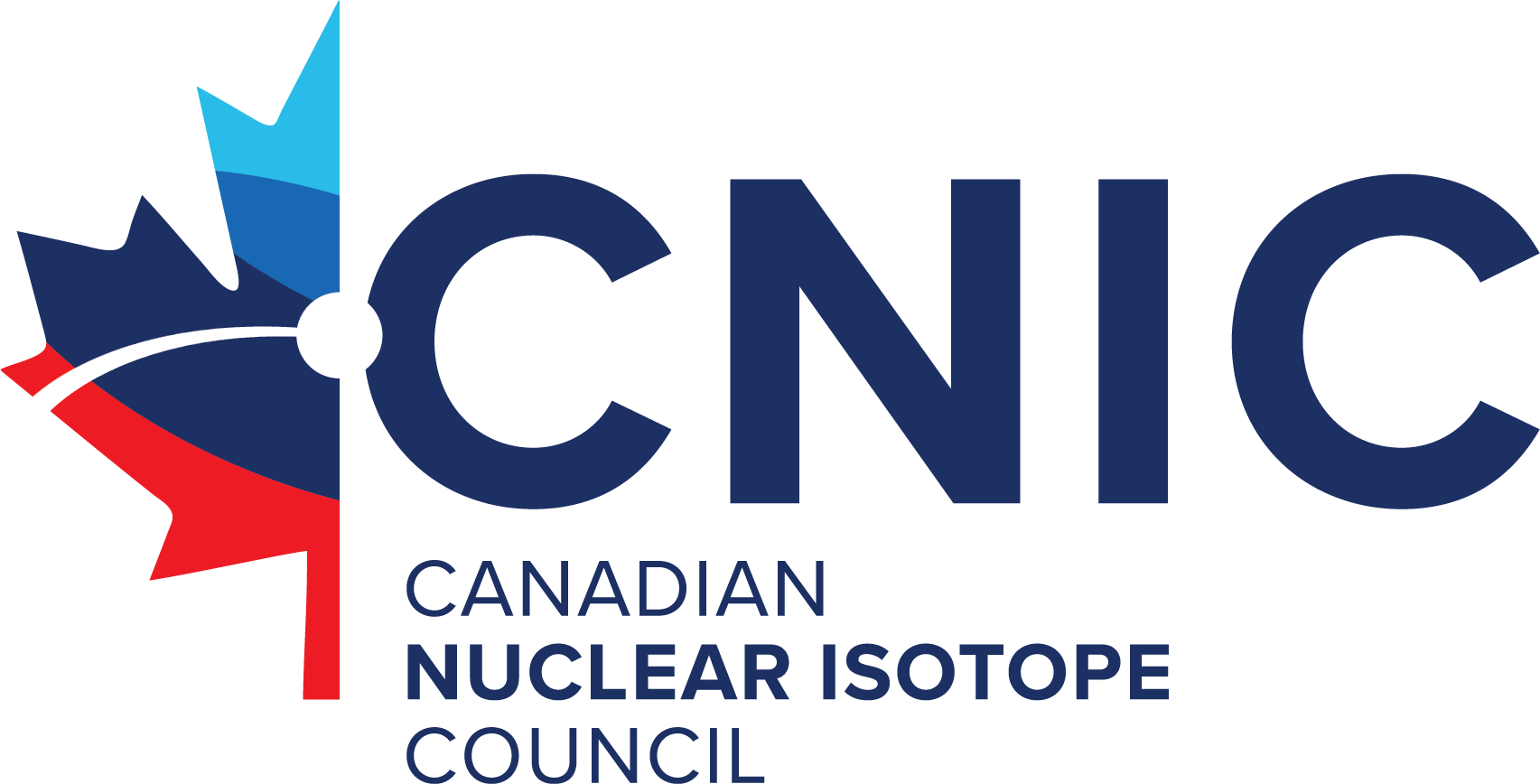An innovative approach to treating advanced prostate cancer
Radioisotopes offer doctors a non-invasive option to diagnose diseases, including using CT and bone scans to find prostate cancer. Not only do radioisotopes help diagnose cancer, but treatments using radioisotopes like radioligand therapy (RLT) and radionuclide therapy (RNT) are also breaking new ground for treating cancers, including prostate cancer. Advanced prostate cancer currently has no cure, but innovative treatments like these are keeping men and their families optimistic for the future. A promising potential option for many Canadians, these treatments come with a catch: They require a sustainable source of radioisotopes – something Prostate Cancer Canada is working toward with its membership in the CNIC.
 We’ve come a long way in helping Canadian families by discovering how to detect and treat prostate cancer in its early stages. But what about the almost 2,000 Canadian men who are diagnosed with advanced forms of the disease every year?” says Peter Coleridge, President and CEO of Prostate Cancer Canada. “We need to fund and advocate for innovative treatment options for men who don’t respond to what’s available now. That’s where the CNIC comes in – radioisotopes present a whole new area of potential treatments, and we have to make sure access doesn’t become an issue.”
We’ve come a long way in helping Canadian families by discovering how to detect and treat prostate cancer in its early stages. But what about the almost 2,000 Canadian men who are diagnosed with advanced forms of the disease every year?” says Peter Coleridge, President and CEO of Prostate Cancer Canada. “We need to fund and advocate for innovative treatment options for men who don’t respond to what’s available now. That’s where the CNIC comes in – radioisotopes present a whole new area of potential treatments, and we have to make sure access doesn’t become an issue.”
Canada: Leading production and innovation worldwide
For more than 50 years, Canada has been a global leader in isotope production, fostering an innovative industry and saving millions of lives around the world. Isotopes are an important part of Canada’s innovation agenda, and beyond medicine, the nuclear sector contributes to many other scientific and economic activities, including energy, human health and safety, material testing, food safety, and even space exploration. More than 40 per cent of the world’s single-use medical devices, such as syringes, gloves, implants and surgical instruments, are exposed to radiation and sterilized with a type of radioisotope, Cobalt-60.
Other members of the CNIC include science, healthcare and nuclear sector organizations. The group’s purpose is to ensure Canada remains a world leader in the production of life-saving isotopes by driving awareness and supporting long-term policies locally and internationally to save countless lives and support healthcare innovation.
